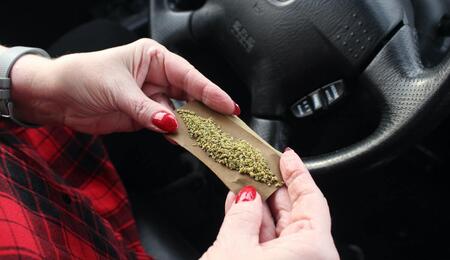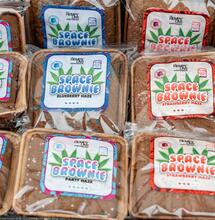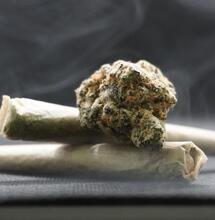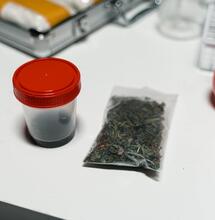Dry January: One in Five Abstainers Turn to Weed

Dry January is when people try to avoid alcohol as a personal challenge. CivicScience polled adults in the U.S. to find out if they are replacing booze with anything else. Roughly 60% of those abstaining as part of Dry January are evenly split between non-alcoholic drinks, marijuana and CBD, and soda/seltzer products.
More Americans than ever seem happy to go ahead with "High January" while keeping a promise to stay away from alcohol for the month. The survey from Civic Science reveals that about one in five people who settled to abstain are reaching out to weed as an alternative during the month.
The majority of those who took the survey, or 33%, said they are not replacing alcohol with anything. However, 21% said they are sticking with cannabis and CBD products. This percentage is slightly more than the 20% of survey participants who said they've opted for non-alcoholic beverages and the 20% who said they are on soda and seltzer. Six percent also said they'd chosen kombucha to suppress their booze appetites during Dry January.
The survey results were gathered from interviewing 938 people between January 6 and 11. The findings speak of a broader substitution trend observed by multiple polls and studies over the last few years that more people opt for cannabis over alcohol now as the number of legal states has grown.
Young people are the most likely to say they're using cannabis over alcohol. In the poll from CivicScience, 34% of those who said they are getting high instead of drunk were aged 21-24, followed by 24% of those in the 25-24 age group and only nine percent of those 55 and above.
The substitution trend seems to be related to perceived dangerousness: A majority of Americans believe that Cannabis is safer than alcohol and tobacco, according to a 2022 surveying.
Polling has also revealed that more Americans think it's better if people switch to cannabis and drink less alcohol than those who see substitution as something bad.
A recent federally funded twin study has also found that people living in legal states have lower rates of alcohol use disorder (AUD) than places where cannabis remains illegal. In this particular study, researchers observed 240 pairs of twins where one twin lived in a legal marijuana state, and the other did not. The research has associated adult-use legalization with increased cannabis use and decreased symptoms of alcohol use disorder.







